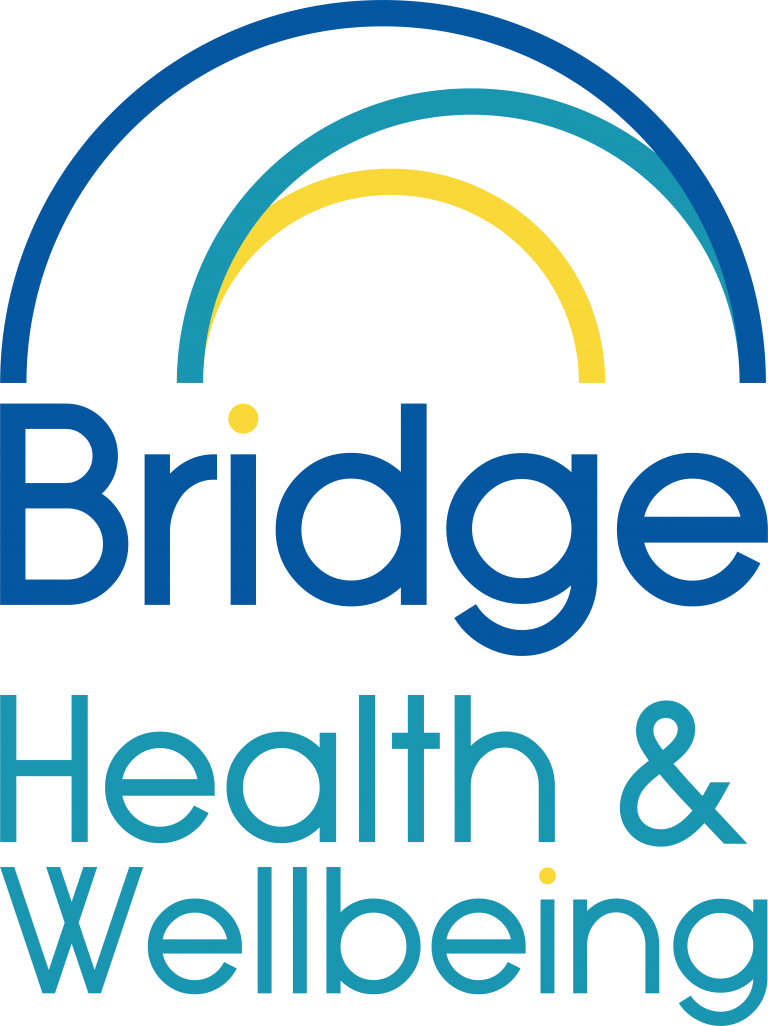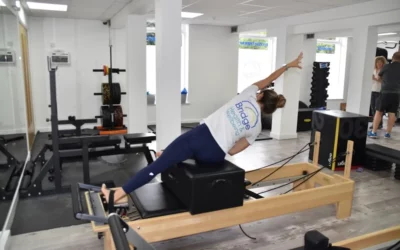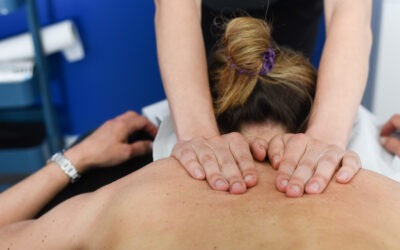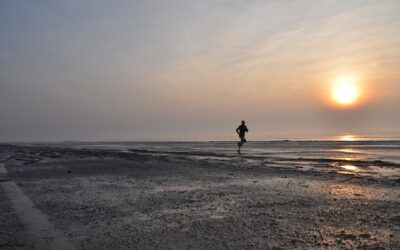Anterior Cruciate Ligament (ACL) Injuries

The anterior cruciate ligament (ACL) is one of two ligaments that can be found inside the knee joint itself. They work together to support the knee, especially into rotation movements. The ACL also helps control the tibia (shin bone) moving forwards (translating) under the thigh bone (femur). Both rotation and forward translation are the main forces that are encountered in sports which involve twisting, turning, landing and change of direction ie nearly all sports!!
Due to the high levels of participation in this country, football is high on the list for sports involved in ACL injury but in sports like rugby, netball, hockey and skiing it is also pretty common. You can damage/tear your ACL in both contact and non-contact situations, but non-contact is actually more common. Also, with more research looking at the incidence of ACL injury it is now apparent that the injury is more common in females than males. This is mainly down to anatomical differences between men and women.

When you injure/tear your ACL there is usually a traumatic event like an awkward landing, heavy tackle or a fall when skiing, where the binding doesn’t release. You will experience almost immediate pain and swelling and when trying to weight bear/walk you may find that your knee feels unstable. It is vital at this stage that you seek an assessment in order to fully diagnose the injury. Clinically we are usually certain when you have torn your ACL but an MRI scan will be used to confirm the diagnosis. Physio should be used in order to help the initial recovery and then a decision can be made as to whether an ACL reconstruction is required. ACL reconstruction surgery is now very common but the rehab takes 9-12 months so the impact of the surgery and its subsequent recovery should not be ignored.
If you have injured your knee recently and are concerned you may have damaged your ACL, please do get in touch so that we can assess you, formally diagnose the injury and come up with a treatment plan.
Paul O’Connell – October 2019
Owner and Physiotherapist
Bridge Health & Wellbeing



